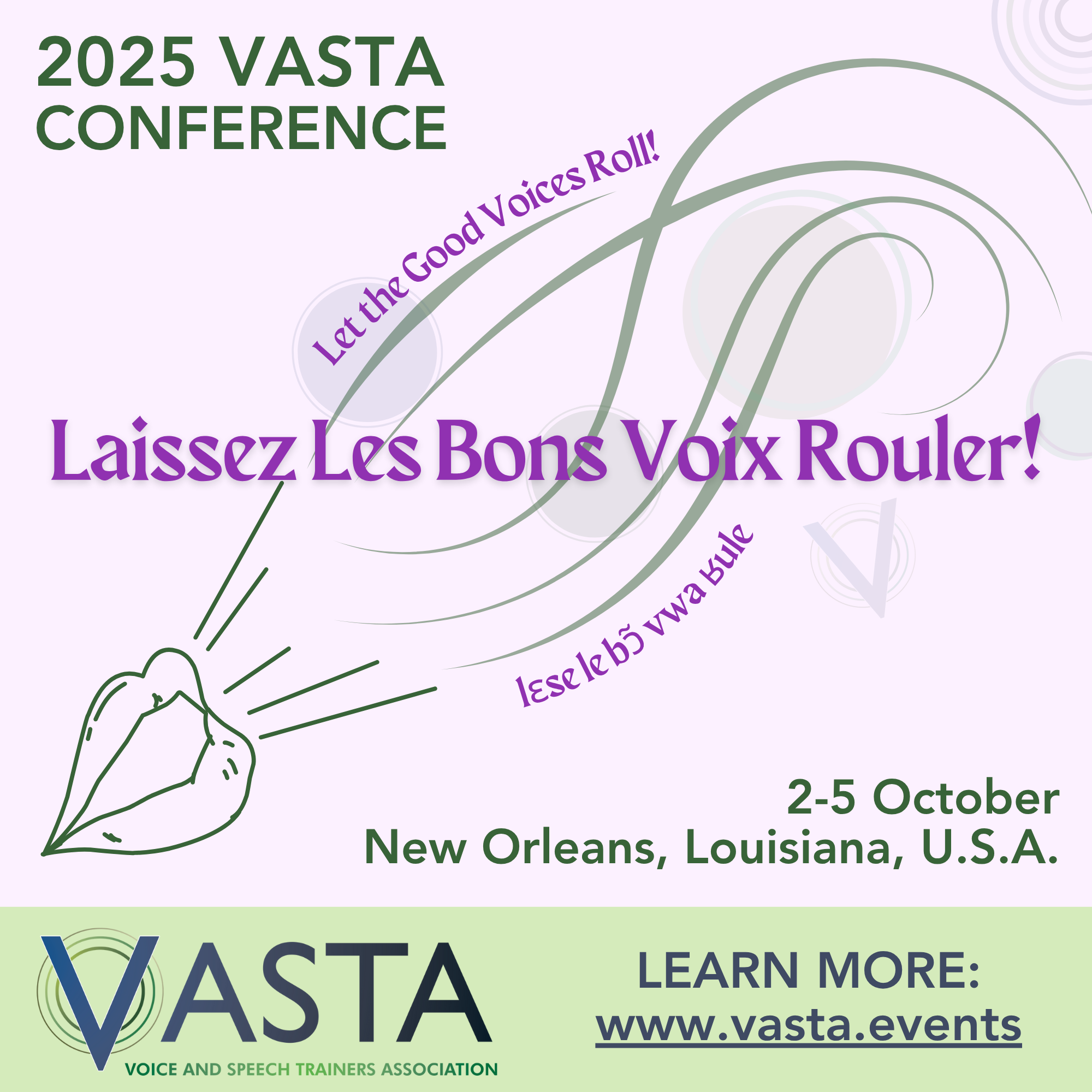Wisconsin 9
Listen to Wisconsin 9, a 45-year-old woman from Racine, Wisconsin, United States. Click or tap the triangle-shaped play button to hear the subject.
Both as a courtesy and to comply with copyright law, please remember to credit IDEA for direct or indirect use of samples. IDEA is a free resource; please consider supporting us.
BIOGRAPHICAL INFORMATION
AGE: 45
DATE OF BIRTH (DD/MM/YYYY): 1958
PLACE OF BIRTH: Racine, Wisconsin
GENDER: female
ETHNICITY: Caucasian
OCCUPATION: cutter and draper in theatre
EDUCATION: university degree
AREA(S) OF RESIDENCE OUTSIDE REPRESENTATIVE REGION FOR LONGER THAN SIX MONTHS:
The subject has lived in Whitewater, Wisconsin; Davis, California; Chicago, Illinois; and Lawrence, Kansas.
OTHER INFLUENCES ON SPEECH:
She describes her own dialect as fairly mild but imitates what she considers a stronger Wisconsin style of speech, admitting that she might have drifted into a Minnesota dialect in the attempt.
The text used in our recordings of scripted speech can be found by clicking here.
RECORDED BY: Paul Meier
DATE OF RECORDING (DD/MM/YYYY): 14/12/2003
PHONETIC TRANSCRIPTION OF SCRIPTED SPEECH: N/A
TRANSCRIBED BY: N/A
DATE OF TRANSCRIPTION (DD/MM/YYYY): N/A
ORTHOGRAPHIC TRANSCRIPTION OF UNSCRIPTED SPEECH:
I was born in Racine, Wisconsin, in 1958, and I have one older sister. She’s five and a half years older than I am. Her name is Terry. And, my dad and mom still live in Racine, so I go back and visit every Christmas, so I’m looking forward to that. We had a small house. The first house that I was in, when I was a kid — it was on Shoup [spelling?] Street. Um, It was named after somebody that was important, in Racine. I don’t remember what they did. They also named a school after him. Um, and it was a small little ranch home, and it was just my sister and I and my two parents. And it was an OK neighborhood. It wasn’t — it was like lower middle class, I guess. And we would play and do crazy things. And, um, I liked to read a lot when I was a kid, and I’d like to draw. And everything my big sister did, I had to do, you know. She’d get into art and I’d have to get into art, and do all that stuff, you know. I’ve lived in Whitewater, Wisconsin, which is where I did my undergraduate work, and then I’ve lived in California –northern California — for three years, which is where I did my graduate work, at Davis. And — which is where I met Gordon McDougal, who I think you know. Or knew, or something. And, uh, I lived in Chicago for a year and a half. I lived in Milwaukee, Wisconsin for 12 years, way too long. And Lawrence, for the last five years. There’s a woman that I met — I worked with her briefly. I can’t remember where. It was either at the Milwaukee Ballet or the Milwaukee Rep. And she was jobbed in, for a few weeks, and she had the thickest accent. [Subject reads in dialect:] Well, here’s a story for you. Sarah Perry was a veterinary nurse who had been working daily at an old zoo in a deserted district of the territory, so she was very happy to start a new job at a superb private practice in North Square near the Duke Street Tower. That area was much nearer for her and more to her liking. Even so on her first morning she felt stressed. She ate a bowl of porridge, checked herself in the mirror, and washed her face. …
TRANSCRIBED BY: Jacqueline Baker
DATE OF TRANSCRIPTION (DD/MM/YYYY): 26/10/2007
PHONETIC TRANSCRIPTION OF UNSCRIPTED SPEECH: N/A
TRANSCRIBED BY: N/A
DATE OF TRANSCRIPTION (DD/MM/YYYY): N/A
SCHOLARLY COMMENTARY: N/A
COMMENTARY BY: N/A
DATE OF COMMENTARY (DD/MM/YYYY): N/A
The archive provides:
- Recordings of accent/dialect speakers from the region you select.
- Text of the speakers’ biographical details.
- Scholarly commentary and analysis in some cases.
- In most cases, an orthographic transcription of the speakers’ unscripted speech. In a small number of cases, you will also find a narrow phonetic transcription of the sample (see Phonetic Transcriptions for a complete list). The recordings average four minutes in length and feature both the reading of one of two standard passages, and some unscripted speech. The two passages are Comma Gets a Cure (currently our standard passage) and The Rainbow Passage (used in our earliest recordings).
For instructional materials or coaching in the accents and dialects represented here, please go to Other Dialect Services.
 IDEA: International Dialects of English Archive
IDEA: International Dialects of English Archive



